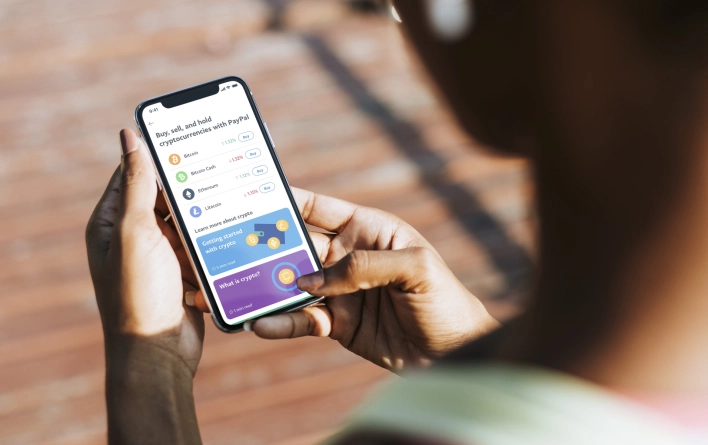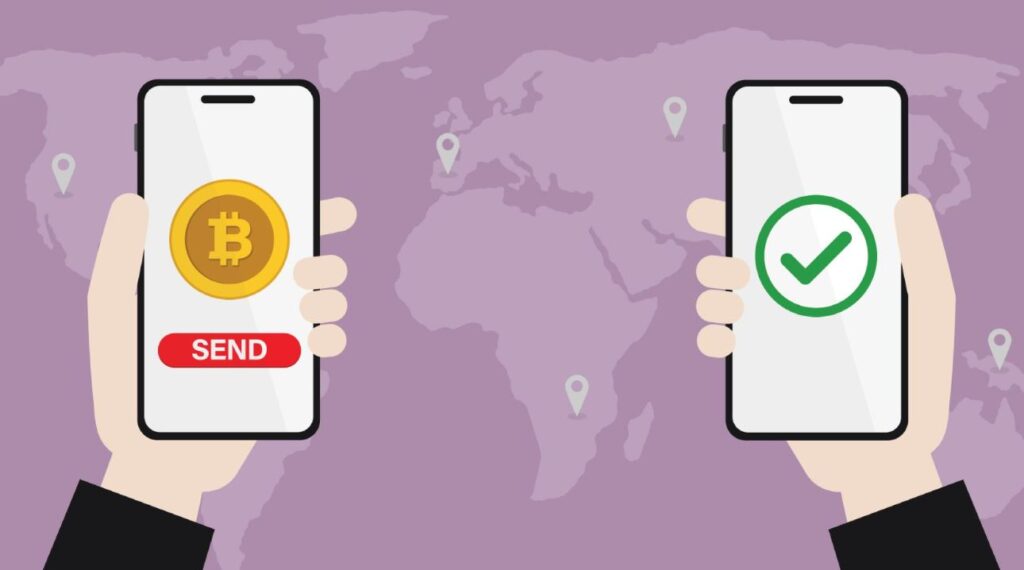Sending money internationally can raise a lot of questions and concerns. Whether you’re sending money to your family and friends or sending money for business, the last thing you want to worry about is how long it will take for the money to arrive. So, how long does it take to send money internationally if you live in the MENA region (Middle East and Northern Africa)?
While there is no clear answer, unless you have a good piece of reading, we can provide you with some insight into what to expect.
How does International Money Transfer Work?
The SWIFT network, which stands for Society for Worldwide Interbank Financial Telecommunication, is commonly used for international money transfers. Banks and other financial institutions can use this network to securely interact with one another in a timely and accurate way. Thousands of banks across the world utilize the SWIFT network to send wire transfer information.
International money transfers are made for a variety of reasons, including sending money to someone who lives abroad, conducting a financial transaction, and so on. Regardless of the reason, many people may struggle to understand how to transfer money internationally, so it is important to know the best ways to do so.
Does the MENA Region Have Alike SEPA System?
The answer would be no because SEPA (Single Euro Payments Area) is a system of money transfer of European countries’ networks that lets them send and receive payments in euros (€) between two Eurozone bank accounts. Sending money inside the Eurozone is as simple as making regular domestic bank transactions with SEPA.
The Middle East’s payments environment is approaching a turning point. Despite having a technologically aware population (with smartphone penetration reaching 80 to 90% in major markets), the region is still primarily reliant on cash. Due to issues such as inadequate digital payments infrastructure and services, underbanked customer and merchant groups, and a cultural predisposition toward cash, only roughly a third of retail transactions are completed electronically. The new government and regulatory measures, as well as the introduction of new local, regional, and worldwide payment providers, are causing fast change. Furthermore, like in other places, the COVID-19 epidemic has accelerated digital adoption and led to a flight from cash and this fosters the use of Western Union and PayPal services-like when it comes two sending and receiving money in the MENA region.
High Transfer Fees are a Big Barrier to International Transactions
Because foreign exchange rates (FX rates) fluctuate throughout the day, the sender should compare alternative offers within a short period. These are costs that the receiver of funds must pay to get the cash, and the recipient might request that the sender pay these fees on their behalf. Fees vary depending on the amount of money transferred; some businesses provide better exchange rates if the amount is significant or exceeds a specific threshold.
On a SWIFT transfer, the main money transfer bank in the world itself, you may anticipate being charged 3 percent to 5% in exchange rate expenses as an approximate estimate. Depending on the amount you spend, the exchange rate will fluctuate. It’s worth noting that the exchange rate expenses are typically significantly greater than the fees for bigger overseas transactions.
Can cryptocurrency be the Solution?
Unlike Fiat money (SAR, USD, UAD, etc.) Cryptocurrency is a decentralized structure to have access to your own money without the involvement of banks and government bodies. Modern finance experts believe that Crypto and Blockchain technology will disrupt almost all industries and will be the only best solution to transfer money. It’s because of the so powerful system that will never collapse due to a single point of failure. Also, the instant fast transitions (in case of buying, exchanging, or selling) with ignorable transaction fee all across the globe, makes cryptocurrency transfers the first preference.
Cryptocurrency Transfers in MENA Region
What Are the Supported Cryptocurrencies in MENA?
Are Crypto Currencies Transfer Secure?
Absolutely Yes, Cryptocurrencies are the most secure form of currency in the world. Thanks to Blockchain technology makes it decentralized. It means, no third party is involved between. You can pay or buy crypto anywhere around the globe you want. There is no chance of transaction failure due to the one-point system failure anywhere in the world. IqraCrypto is a leading platform where you can learn everything in affordable online courses from introduction to cryptocurrencies to the Bitcoin Basics, and blockchain to the fair data society.


